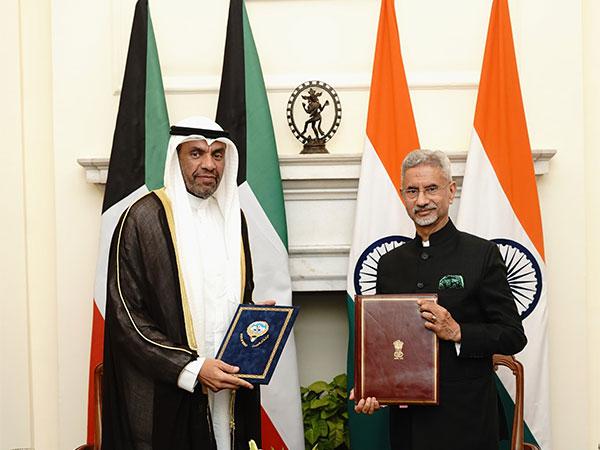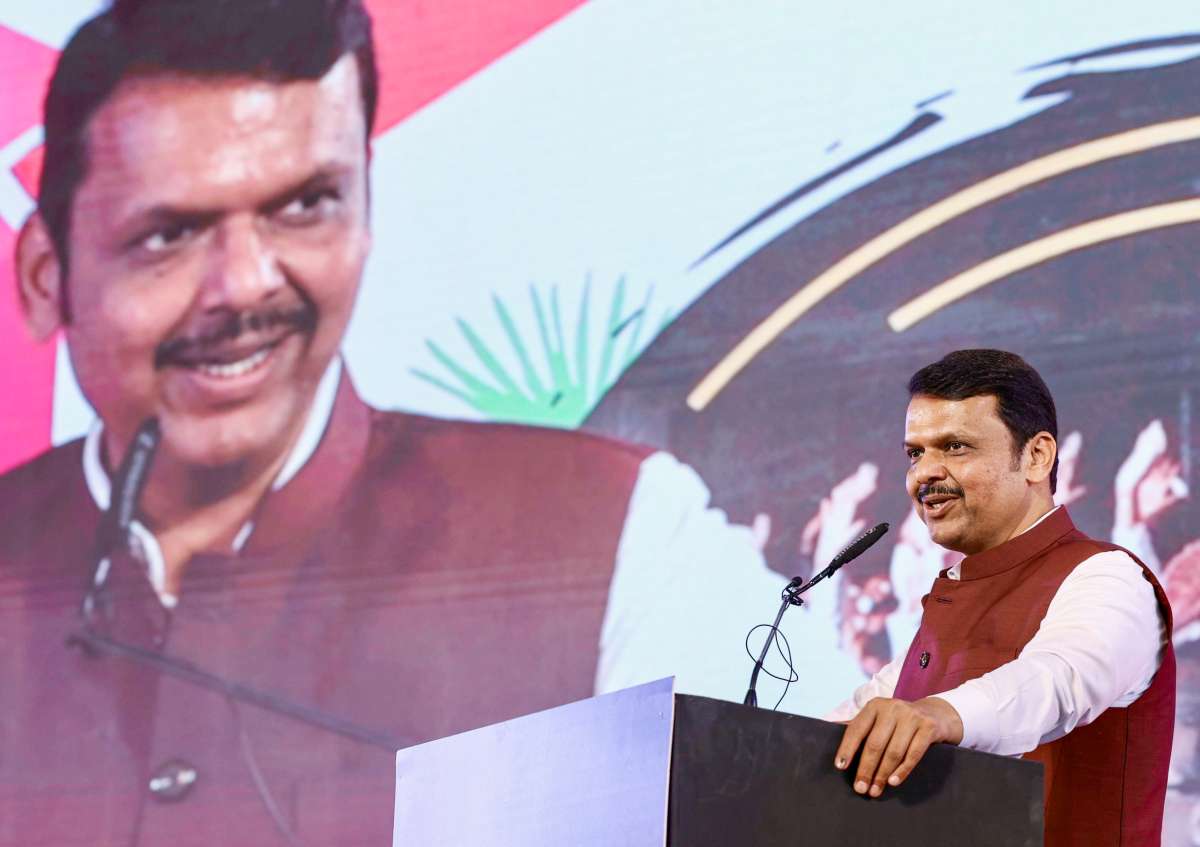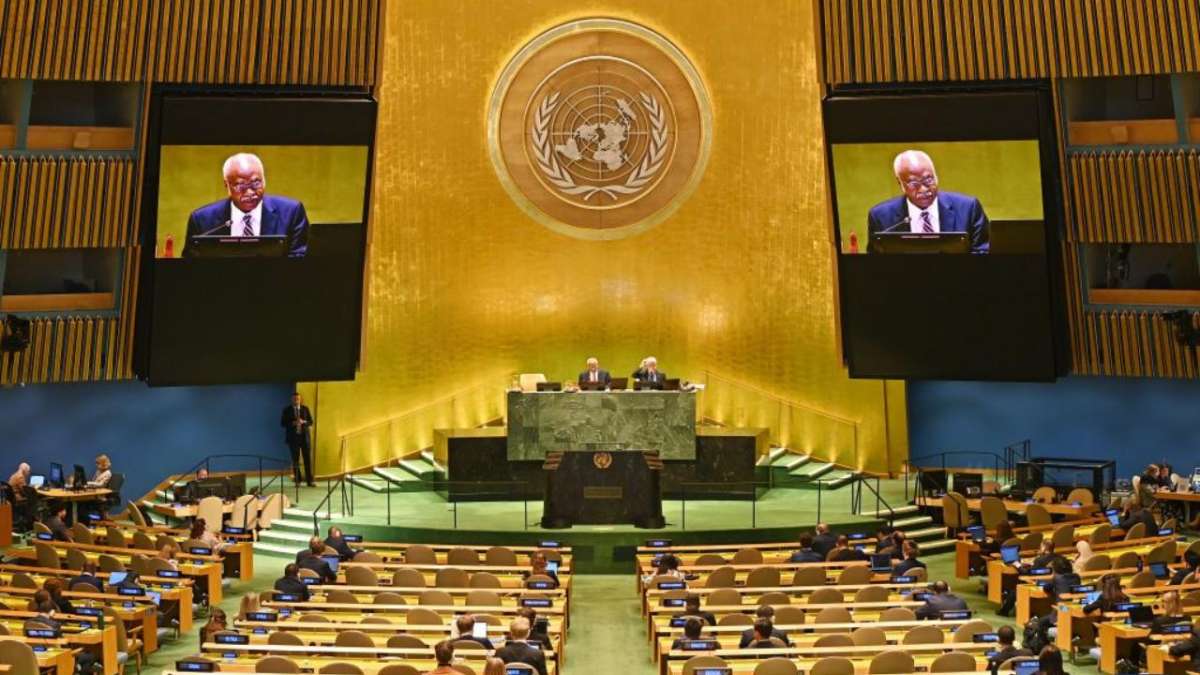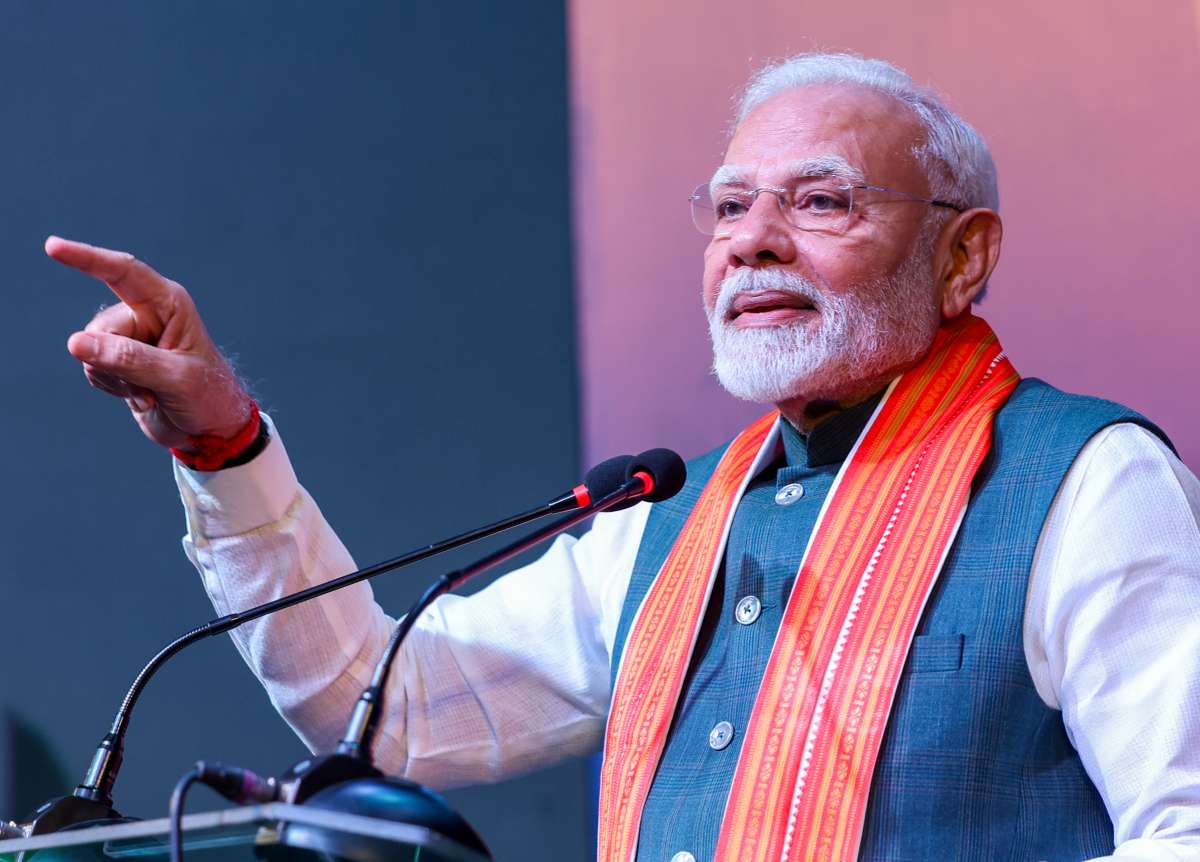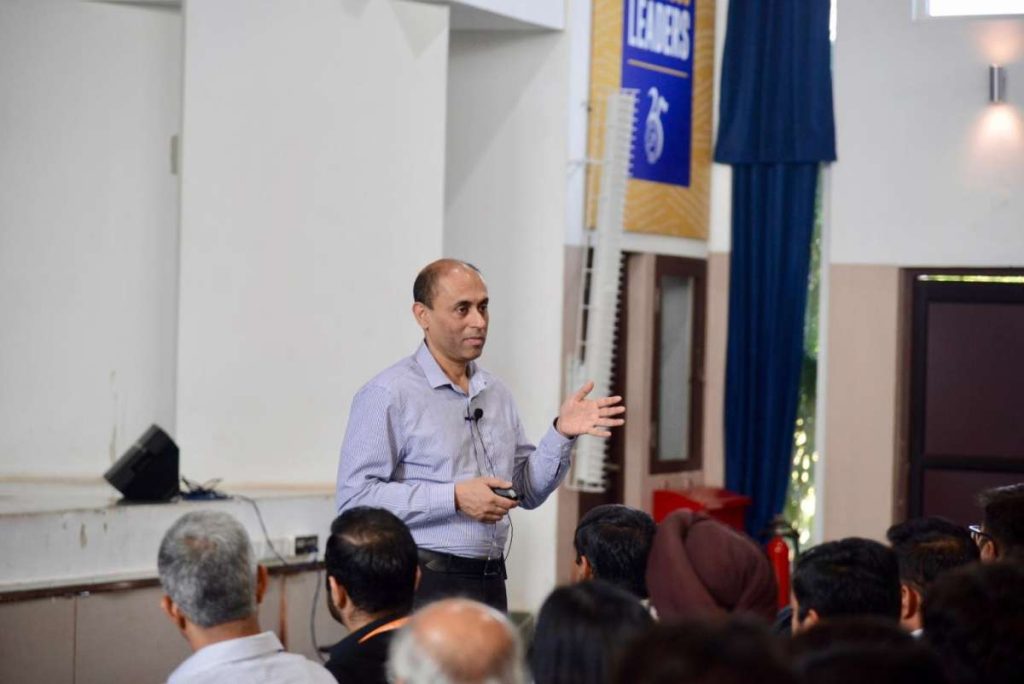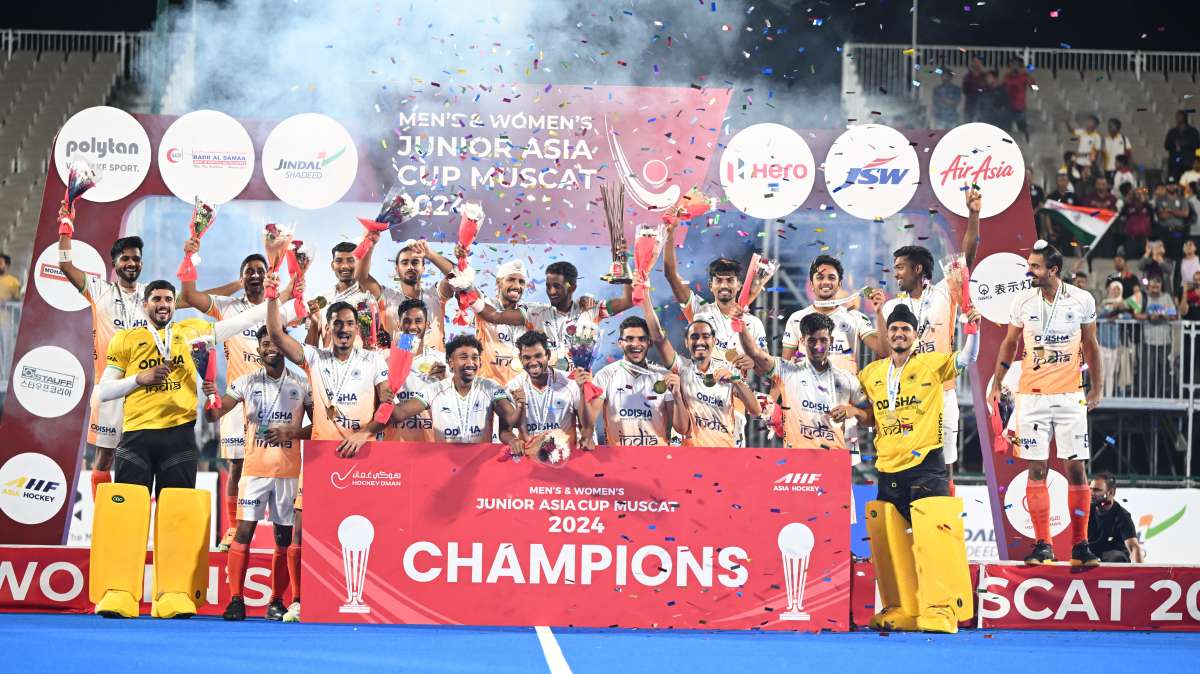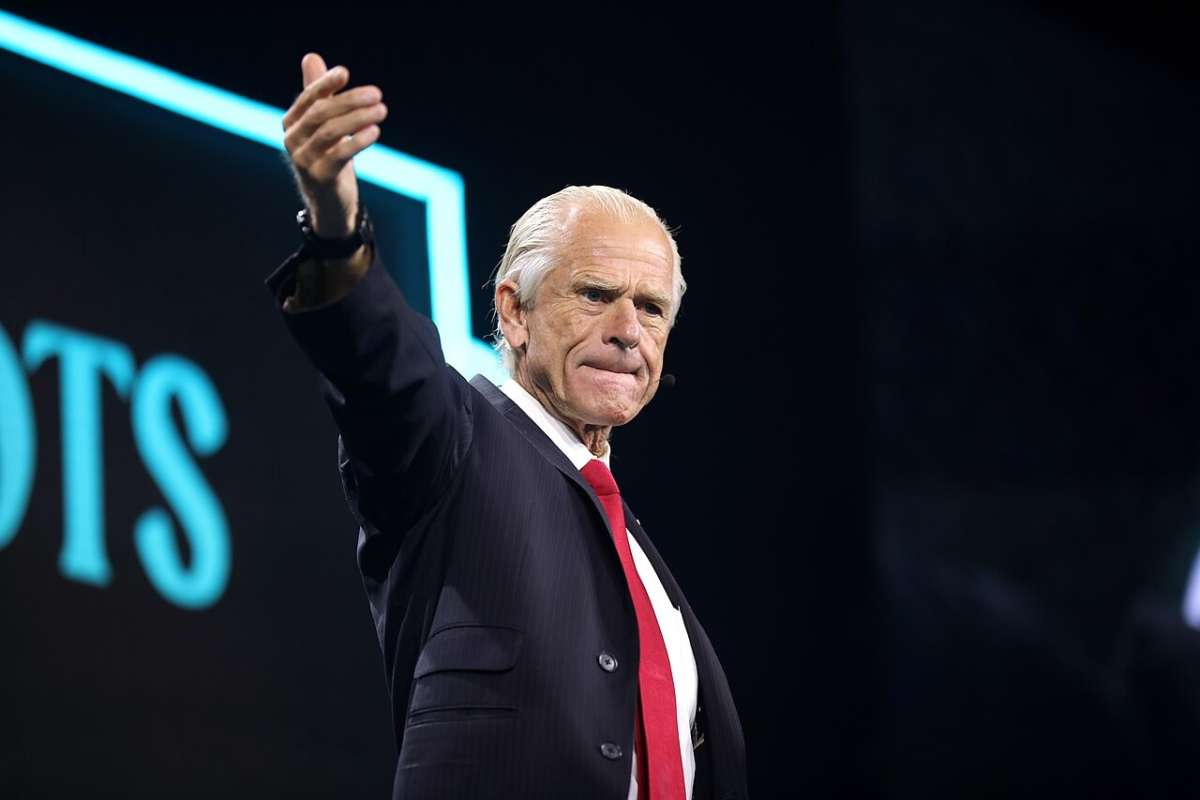The JCC would also oversee existing working groups in areas such as hydrocarbons, health, and consular matters. …reports Asian Lite News
External Affairs Minister (EAM) S Jaishankar and Kuwait’s Foreign Minister Abdullah Ali Al Yahya signed a Memorandum of Understanding (MoU) on Wednesday to establish a Joint Commission for Cooperation (JCC) at the level of foreign ministers.
According to a press statement by the Ministry of External Affairs, the agreement outlines the formation of new Joint Working Groups in sectors including trade, investment, education, technology, agriculture, security, and culture, and these groups will operate under the JCC to review and monitor bilateral relations between the two nations.
The JCC would also oversee existing working groups in areas such as hydrocarbons, health, and consular matters.
“New Joint Working Groups in areas of Trade, Investment, Education, Technology, Agriculture, Security and Culture, will be set up under the JCC. The JCC mechanism will act as an umbrella institutional mechanism to comprehensively review and monitor the entire gamut of our bilateral relations under the new Joint Working Groups and the existing ones in areas including Hydrocarbons, Health and Consular matters,” the statement read.
Abdullah Ali Al Yahya was on an official visit to India at the invitation of the EAM. This is the first official visit of Abdullah Ali Al Yahya as the foreign minister of Kuwait to India.
During his visit, he met with Prime Minister Narendra Modi, who affirmed confidence in advancing the historical and deep-rooted ties between the two countries.
Taking to X, PM Modi lauded the Kuwaiti leadership for ensuring the welfare of Indian nationals.
“Glad to receive Foreign Minister of Kuwait H.E. Abdullah Ali Al-Yahya. I thank the Kuwaiti leadership for the welfare of the Indian nationals. India is committed to advancing our deep-rooted and historical ties for the benefit of our people and the region,” he stated on X.
Kuwait’s Foreign Minister also held a bilateral meeting with the EAM, and during the bilateral meeting between them, the leaders reviewed the entire spectrum of India-Kuwait ties in areas including political, trade, investment, energy, food security, and people-to-people ties. They also exchanged views on regional and international issues of mutual interest, the Ministry of External Affairs noted in a press statement.
During the bilateral meeting, Jaishankar congratulated Kuwait on its successful leadership of the Gulf Cooperation Council and also highlighted areas of cooperation between the two countries and thanked his counterpart for taking care of the Indian community in Kuwait.
“Our two countries enjoy a long-standing friendship, and in our case, centuries old. We are committed to strengthening our bilateral ties across various domains, including trade, investment, energy, IT, culture, and consular,” he said.
Kuwait Foreign Minister, Abdullah Ali Al-Yahya, during the meeting, called India a “very important partner,” adding that he looks forward to upgrading their bilateral relationship into a strategic partnership. He also expressed gratitude on meeting PM Modi and called him “one of the wisest people worldwide. The prime minister put India at a better level. And I’m sure he will continue for that.” (ANI)
ALSO READ: ‘Modi’s Oversight Drives India’s Growth’
